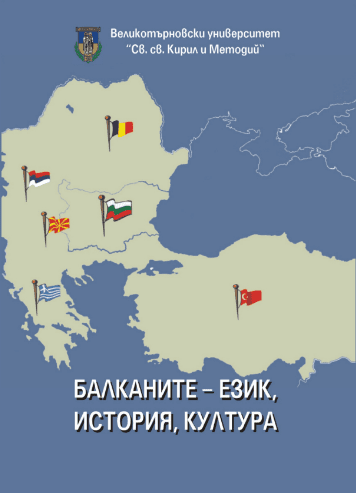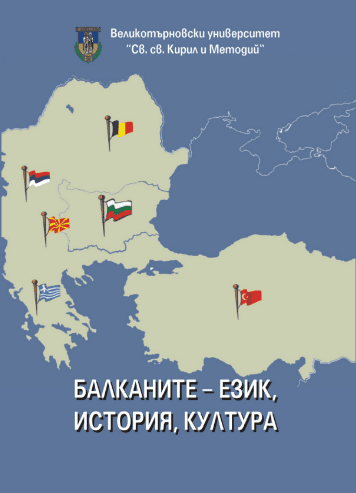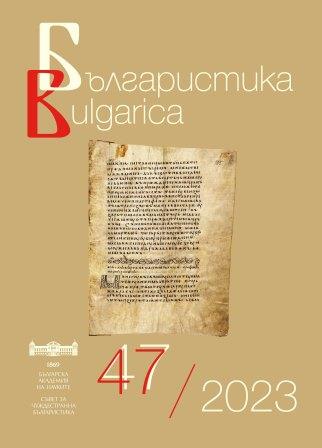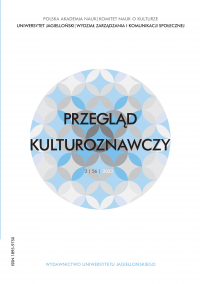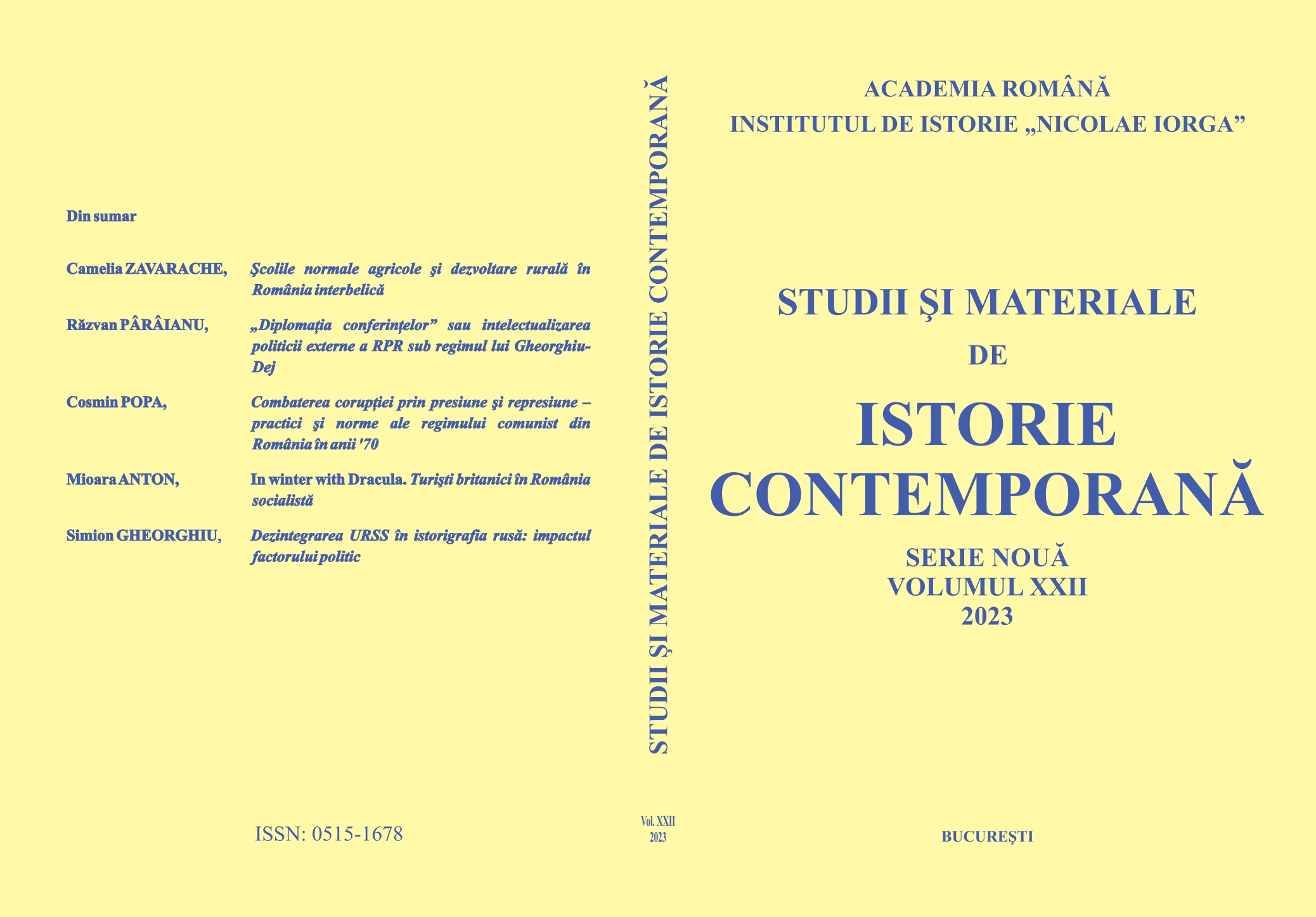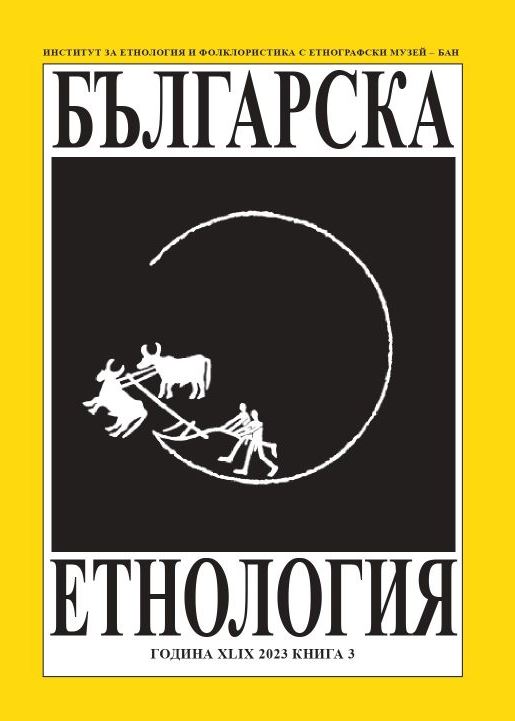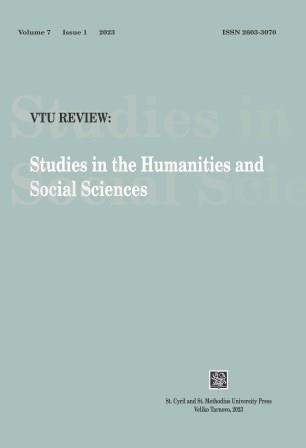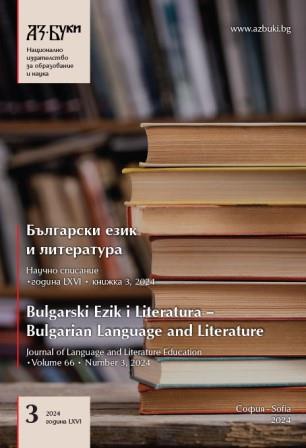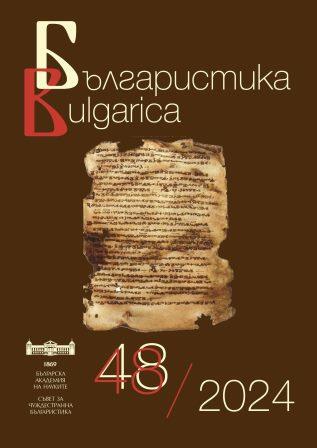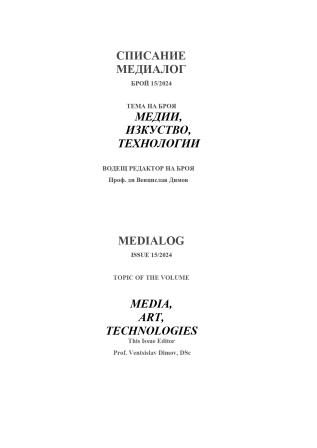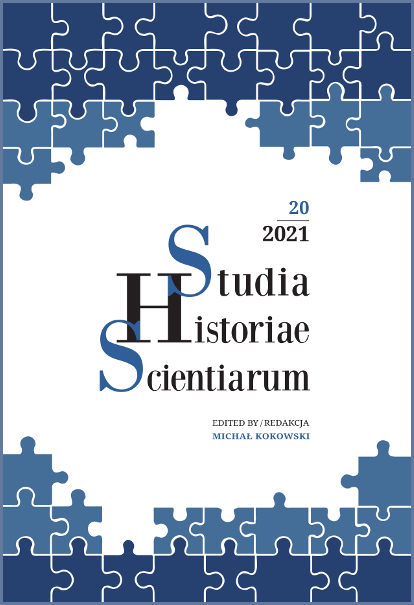
U początku kształtowania się na ziemiach polskich nowoczesnych nauk o człowieku i jego zróżnicowaniu „rasowym”
The article analyses the earliest period of the shaping modern human sciences, studies on human nature, the origins of humans, and physical and cultural diversity of humans in Poland.This process, including several separate stages, began under the influence of the ideas spread by the European Enlightenment and reflected the development of natural sciences that brought a deeper interest in humans, seen from a new perspective, free from religious determinism.Pioneering searches for a secular approach combined creationism and biblical tradition with a rational attitude based on achievements in natural history, linguistics, philosophy, history, and biblical critique.In the next stage, natural history constituted a distinct science with a precise scope of research that included, except mineralogy and botany, also zoology as well as human sciences perceived from a biological perspective. First definitions of anthropology described it as a science only emerging from natural history, with the aim to study both physical and moral aspects of humans.After 1831, human sciences experienced a different situation in various Polish research centers that finally ceased to exist, including Vilnius University, the leader in research in natural history. Under the influence of Romantic ideas, a view was propagated that mental ties were superior to physical ones, spiritual ties to blood kinship, culture was more important than biology.The emphasis in the study of humans was no longer on natural history, as in the late 18th century and the early 19th century, but on issues connected with mind and culture. The growth of both natural science and the humanities led to the establishment of new directions and areas of research that earlier were covered by natural history and history. Authors came to believe that study of humans requires a combination of various methods and cooperation of scholars representing numerous specialized sciences, however with their specific features preserved. This pioneering period lasted until the early 1860s when anthropology became an academic discipline on the Polish lands (translated by Jacek Serwański).
More...
